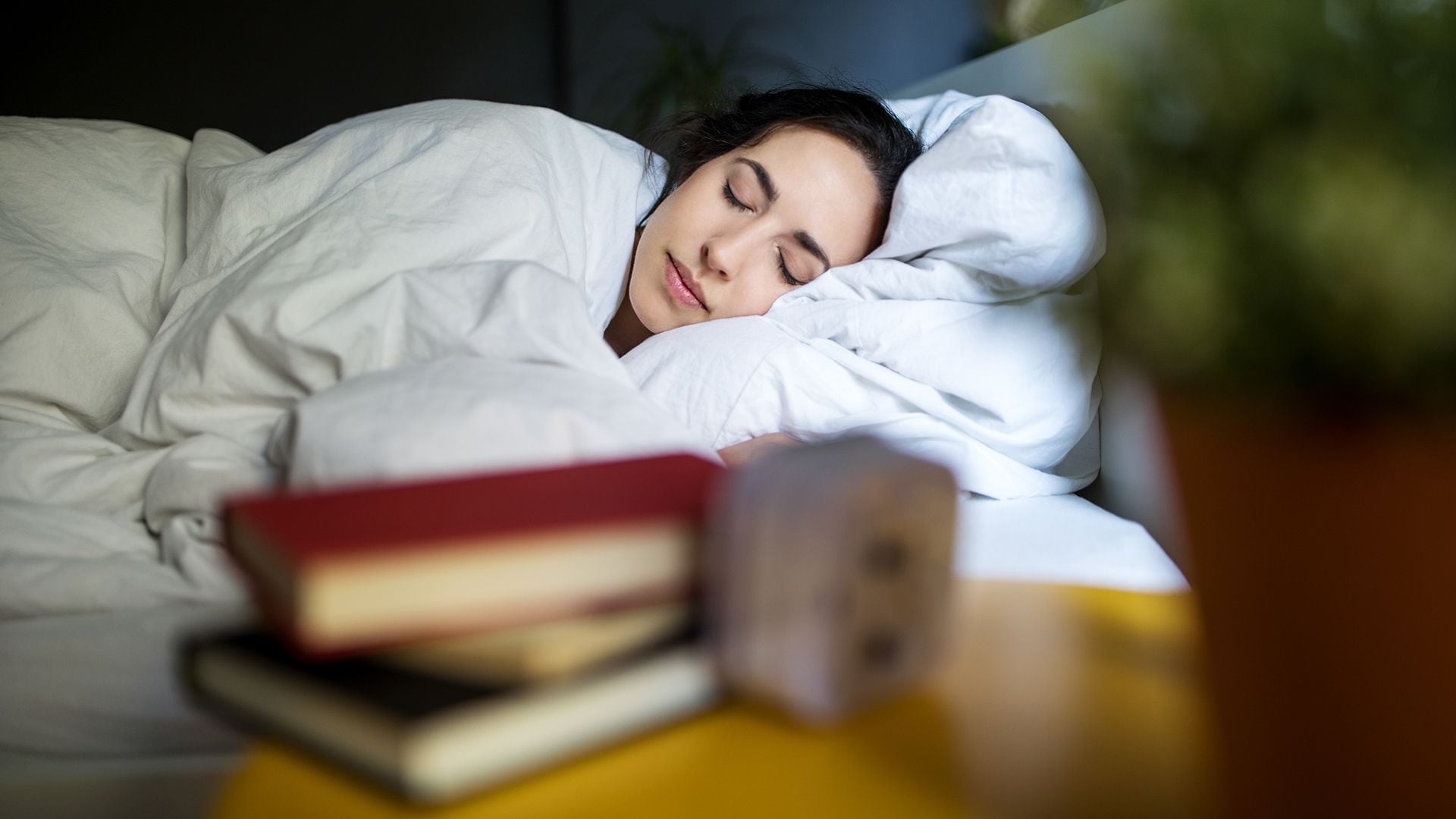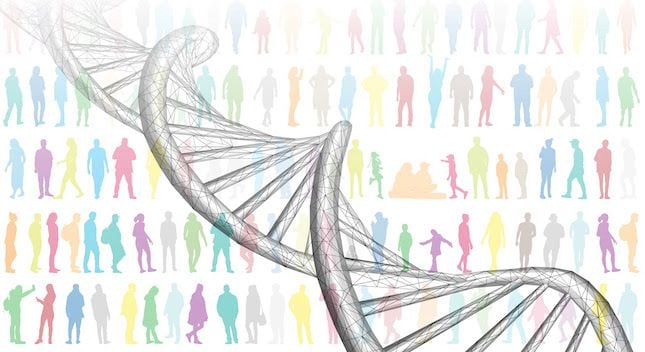
Scientific research makes it clear that sleep is essential at any age. Rest enhances the mind, restores the body and strengthens virtually all the necessary systems of the organism. But how much sleep do we really need to get these benefits?
The official guidance of the UK's National Health Service states that most adults need between six and nine hours of sleep each night. However, recent studies have shown that this may not be the case, as some adults need as little as four hours of rest to wake up feeling refreshed.
Research by experts in Washington, United States, found that too much sleep could interfere with cognitive function. Experts found that people who slept less than 4.5 hours a night and those who slept more than 6.5 hours a night were at higher risk of cognitive decline over time. They also found that the impact of sleep duration on the brain has the same effect as aging, which is one of the biggest risk factors when it comes to developing diseases such as Alzheimer's.
Researchers suggest that, for adults, sleep between 4.5 and 6.5 hours a night is ideal. Speaking to The Conversation, Senior Professor of Psychology Greg Elder said researchers don't know for sure why lack of sleep is linked to cognitive decline. “One theory is that sleep helps our brain eliminate harmful proteins that build up during the day. So, interfering with sleep could interfere with our brain's ability to get rid of these,” said the expert.

“Experimental evidence even supports this and shows that a single night of sleep deprivation temporarily increases beta-amyloid levels in the brain of healthy people,” Elder said, adding that the study's findings are surprising, as most health agencies, including the NHS in the Kingdom Unido and the Center for Disease Control (CDC) in the United States, say that people should have more than six hours each night.
“The study showed that sleeping more than 6.5 hours was associated with cognitive decline over time; this is low if we consider that older adults are recommended to sleep between seven and eight hours every night. It could be the case that it is not necessarily the length of sleep that matters, but the quality of that sleep when it comes to the risk of developing dementia,” he said. However, the specialist stated that it is key to remember that the 100 participants in the study who slept the longest may have been suffering from problems that were not detected in the tests.
Researchers had adjusted the factors related to dementia, but Greg explained that people who sleep longer may also have had other pre-existing conditions that could have contributed to their cognitive decline and were not considered. “For example, this could include poor health, socioeconomic status, or levels of physical activity. All these factors together can explain why longer sleep was linked to cognitive decline,” he added.

A separate study, published in San Francisco, United States, found that the number of hours we sleep is actually due to genetics. The study's lead author, neurologist Louis Ptacek, said: “There is a dogma in the field that everyone needs eight hours of sleep, but our work to date confirms that the amount of sleep people need differs by genetics.”
“Think of it as analogous to height; there isn't a perfect amount of height, every person is different. We have shown that the case is similar for sleep,” he said. The team has been studying sleep patterns for more than ten years. They studied people with family natural short sleep (FNSS), the ability to function fully and have a preference for four to six hours of sleep per night.
However, they indicated that studying sleep-related genes would be like a “thousand-piece puzzle”. The experts explained: “Sleep problems are common in all diseases of the brain. This makes sense because sleep is a complex activity. Many parts of your brain have to work together to get you to sleep and wake up. When these parts of the brain are damaged, it's harder to sleep or have quality sleep,” they concluded.
KEEP READING:
Últimas Noticias
Debanhi Escobar: they secured the motel where she was found lifeless in a cistern
Members of the Specialized Prosecutor's Office in Nuevo León secured the Nueva Castilla Motel as part of the investigations into the case

The oldest person in the world died at the age of 119
Kane Tanaka lived in Japan. She was born six months earlier than George Orwell, the same year that the Wright brothers first flew, and Marie Curie became the first woman to win a Nobel Prize

Macabre find in CDMX: they left a body bagged and tied in a taxi
The body was left in the back seats of the car. It was covered with black bags and tied with industrial tape
The eagles of America will face Manchester City in a duel of legends. Here are the details
The top Mexican football champion will play a match with Pep Guardiola's squad in the Lone Star Cup

Why is it good to bring dogs out to know the world when they are puppies
A so-called protection against the spread of diseases threatens the integral development of dogs




